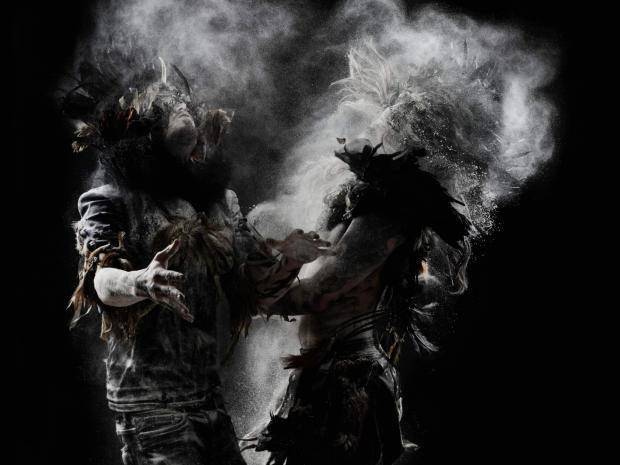Exploring the Spiritual Meaning of Fish Hooks: Symbols of Salvation and Sin
Fish hooks have been an essential tool for fishermen throughout history.
However, they also hold powerful symbolism in religious contexts, particularly in the Bible.
In this article, we will delve into the spiritual meaning of fish hooks and the rich imagery they represent in Christianity and other cultures.
Fish Hooks in the Bible: Fishing for Souls
Catching Souls for Salvation
The Bible frequently uses fishing imagery to illustrate spiritual concepts.
In the New Testament, Jesus tells his first disciples that he will make them fishers of men, signifying their mission to lead people to Christ and salvation:
Matthew 4:19 And he said to them, “Follow me, and I will make you fishers of men.”
In this context, the fish hook represents a tool for capturing souls and guiding them toward the light of God’s grace.
Leading Souls Away from Faith
However, fish hooks can symbolize the opposite: leading Christians away from their faith and into sin.
This is illustrated in the Old Testament when God warns the people of Israel that they will be taken away with hooks if they continue in their wrongdoing:
Amos 4:2 The time will surely come when you will be taken away with hooks, the last of you with fishhooks.
Here, the fish hooks represent the forces that ensnare believers, pulling them away from God’s grace and salvation.
Spiritual Meanings of Fish Hooks in Other Cultures
Beyond the Bible, fish hooks hold various symbols in different cultures. For example, in Polynesian cultures, a fish hook signifies the connection between communities and water as a source of sustenance.
Additionally, fish hooks symbolize strength, prosperity, good luck, and protection.
In these cultures, fish hook tattoos often represent one or more meanings.
The Symbolism of Fish Nets in the Bible
In the Bible, fish nets are closely related to fish hooks in terms of symbolism.
Depending on the context, they represent tools for drawing souls toward salvation or away from it.
The Parable of the Net
Jesus uses the imagery of a fish net to describe the Kingdom of Heaven:
Matthew 13:47 Again, the kingdom of heaven is like a net thrown into the sea and gathered fish of every kind.
In this parable, the net represents the power of God’s grace, which can reach and gather all souls, regardless of their faith or actions.
At the end of the age, the angels will separate the evil from the righteous, similar to how fishermen sort the good and bad fish.
Fish as Symbols of Souls and Abundance in the Bible
Fish are often used in the Bible to symbolize the souls of people.
In the New Testament, Jesus refers to his disciples as fishers of men, sending them to catch souls and lead them to salvation.
The Bible also uses fish to represent God’s blessings and abundance.
The most well-known example is the miracle of Jesus feeding a large crowd with just five loaves of bread and two fish.
This story demonstrates God’s power to create abundance from seemingly scarce resources.
Another example is in John 21 when Jesus appears to his disciples after his resurrection.
The disciples, unable to catch any fish, are instructed by Jesus to cast their net on the right side of the boat, resulting in an enormous catch:
John 21:6 He said to them, “Cast the net on the right side of the boat, and you will find some.”
So they cast it, and now they could not haul it in because of the quantity of fish.
Conclusion
The rich symbolism of fish hooks, nets, and fish remains relevant today.
Apostles, clergy, missionaries, and true believers are still at work, acting as fishers of men and leading souls to salvation.
At the same time, evil forces and false prophets are also at work, capturing souls and leading them away from the path of righteousness.
Understanding the spiritual meaning of fish hooks and related symbols can be a powerful reminder of these ongoing spiritual battles and the importance of staying true to one’s faith.







